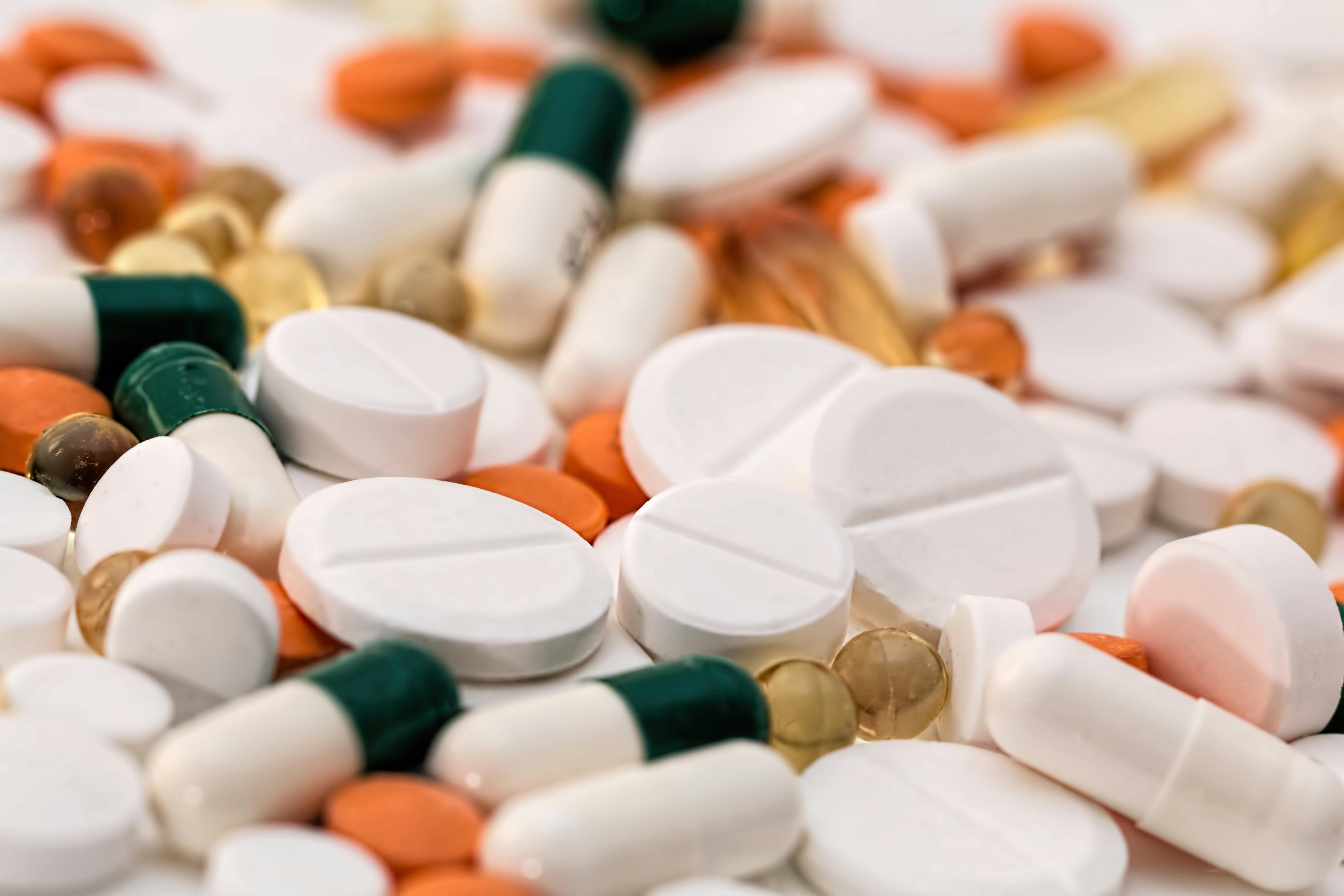Antibiotic resistance is a growing global health threat that puts millions of lives at risk. When bacteria evolve to survive drugs meant to kill them, infections become harder to treat and more dangerous. Understanding antibiotic resistance is vital for protecting public health and preserving life-saving treatments for the future.
What Is Antibiotic Resistance?
Antibiotic resistance happens when bacteria develop defenses against antibiotics. This means the drugs that once killed them can no longer stop their growth or spread. Resistant bacteria can multiply quickly, making even minor infections potentially life-threatening if left untreated.

How Does Resistance Develop?
Overusing or misusing antibiotics is the main reason bacteria become resistant. When antibiotics are taken unnecessarily or in the wrong dosage, they can leave behind stronger bacteria that survive and adapt. These bacteria then pass their resistance genes to future generations or other bacteria.
Why Should We Worry?
Resistant infections can lead to longer hospital stays, higher medical costs, and greater risk of death. Diseases once easily cured with antibiotics may return as serious health threats. Antibiotic resistance also threatens surgeries, cancer treatments, and other medical procedures that rely on infection control.
What Can We Do to Prevent It?
People can help slow antibiotic resistance by only taking antibiotics prescribed by a doctor, finishing the full course of treatment, and never sharing leftover medication. Healthcare providers, meanwhile, should avoid overprescribing and practice good infection control to limit the spread of resistant bacteria.

Global Action Against Resistance
The fight against antibiotic resistance is a worldwide effort. Countries are working together to improve surveillance, promote responsible antibiotic use, and support the research of new treatments. Education, stronger regulations, and investment in science are key tools to keep this crisis under control.